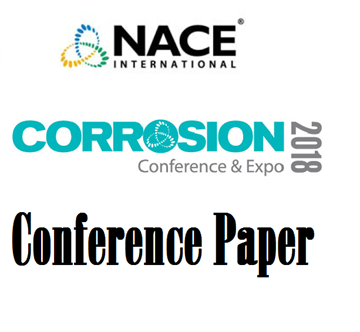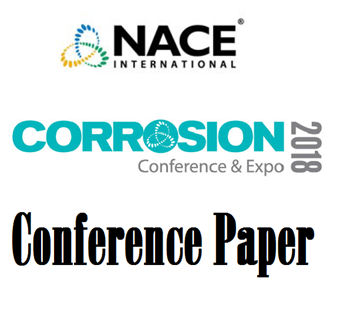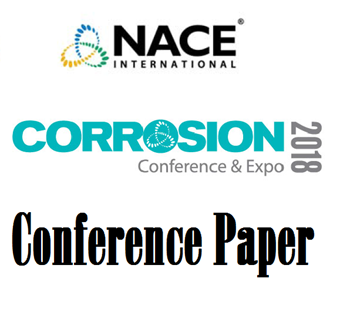Search
51318-10629-The Development of Corrosion Monitoring Techniques for Maintenance Management in Petrochemical Plant
Also Purchased
51318-10607-Inspection Monitoring and Modelling: Past Present and Future
Product Number:
51318-10607-SG
Publication Date:
2018
$20.00
51318-10877-High Temperature Alloys Failures in the Petrochemical Furnaces. Mitigation and Prevention
Product Number:
51318-10877-SG
Publication Date:
2018
$20.00
51318-10509-Recent Applications of Evaluation Equipment in HTHA Service
Product Number:
51318-10509-SG
Publication Date:
2018
$20.00




